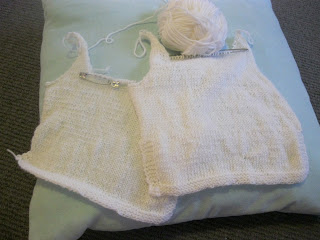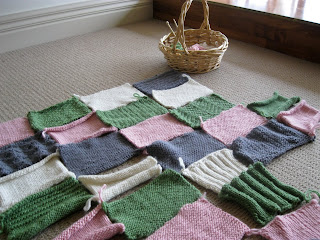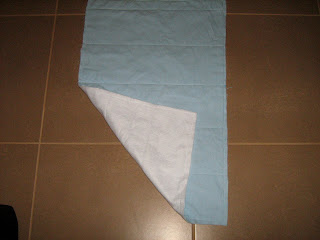I have just finished reading T.S Wiley's book
'Lights Out' a fascinating read about how humans have adapted to the longer daylight hours created with the invention of the light bulb.
Wiley writes about the way we lived thousands of years ago. The longer daylight hours of the summer months produced a hormonal response that induced sweet cravings, giving our bodies the desire to forage for summer fruits. As a result we would eat as much as we possibly could, so that by autumn we would all be looking a bit podgy!
But this extra layer of fat was no problem to our health at all, in fact it was very necessary because winter was on it's way. When we lived in the wild like this, both food and sunlight was scarce during winter meaning that we humans would spend the winter nights sleeping from sunset to sunrise and our days conserving our energy so that we would last until Spring. Our source of fuel would be that extra layer of fat we acquired over the summer and if we were lucky, some meat from another mammal or some green vegetables.
Then, in 1879 when Thomas Edison invented the light bulb, the world changed. We could extend the hours of daylight with the flick of a switch! This opened up many possibilities to humans, but what we didn't know was that this artificial sunlight was tricking our bodies into thinking it was summer all year round.
Now, we are perpetually living with the hormonal response that results from long hours of daylight and induces sweet cravings. Hmmm.... quite a problem!
What this book got me thinking about the seasons, in particularly winter, since we are currently in it's midst.
How do I follow Winter's lead when it comes to eating?
How do I embrace the restful nature of Winter?
and What shall I do (or not do) in Winter to differentiate it from the other seasons of the year?
I'm going to leave you with those thoughts for now and come back to you with mine on another day.
Emma x





































